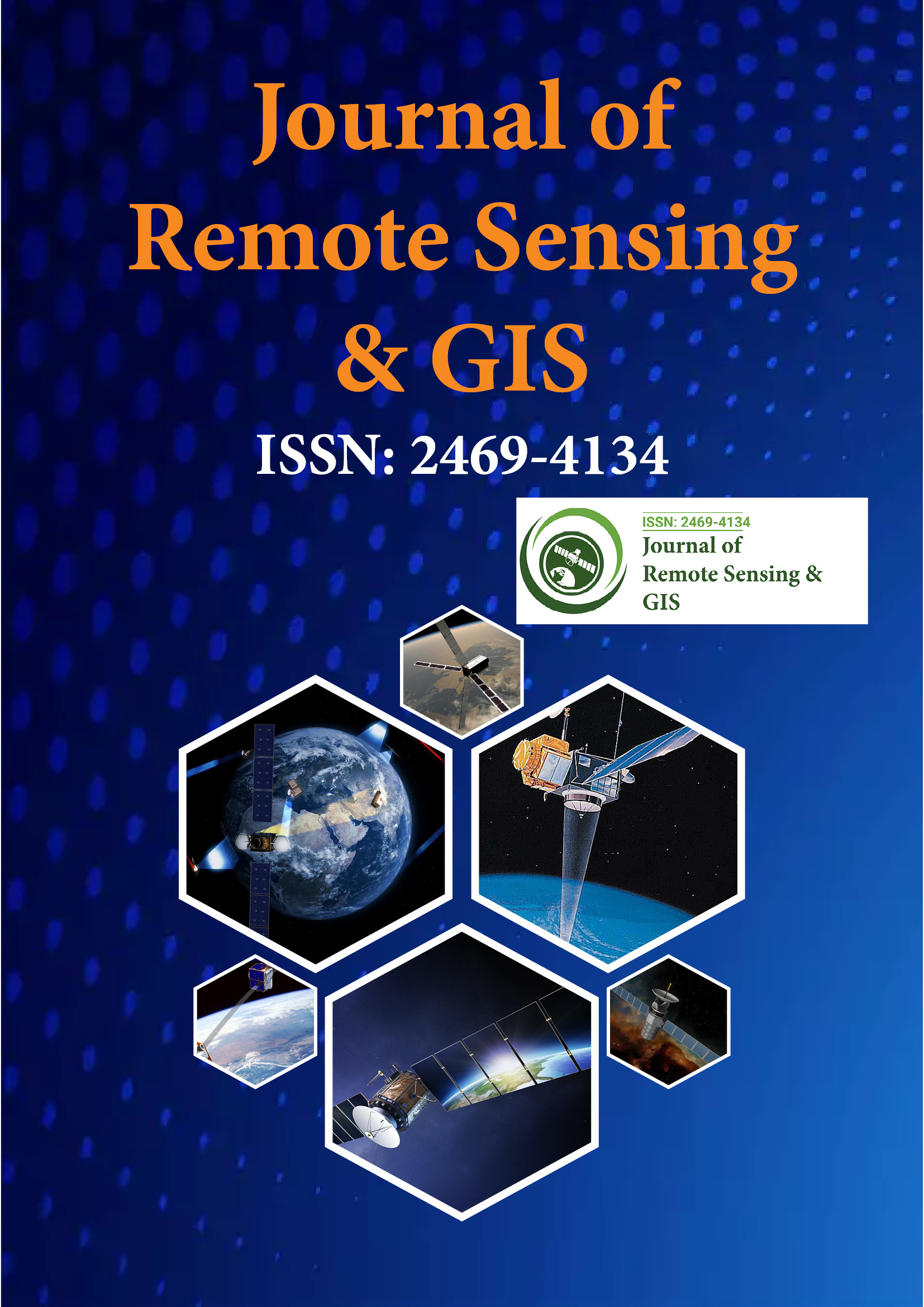Indexado em
- Abra o Portão J
- RefSeek
- Universidade de Hamdard
- EBSCO AZ
- OCLC- WorldCat
- publons
- Indexação Científica Internacional
- Euro Pub
- Google Scholar
Links Úteis
Compartilhe esta página
Folheto de jornal

Periódicos de Acesso Aberto
- Agro e Aquicultura
- Alimentos e Nutrição
- Bioinformática e Biologia de Sistemas
- Bioquímica
- Ciência de materiais
- Ciencias ambientais
- Ciências Clínicas
- Ciências Farmacêuticas
- Ciências gerais
- Ciências Médicas
- Cuidados de enfermagem e saúde
- Engenharia
- Genética e Biologia Molecular
- Gestão de negócios
- Imunologia e Microbiologia
- Neurociência e Psicologia
- Química
Abstrato
Relação dos Índices de Vegetação Derivados da Imagem Sentinel 2A com a Cobertura do Dossel e a Produção
Jamal Imani
O presente estudo foi realizado para determinar a melhor resolução terrestre e espectral (imagens Sentinel 2A) para estimar a cobertura e produção vegetal. A amostragem do solo foi realizada em três comunidades vegetais em duas formas de seis e três parcelas. Foram utilizadas diferentes dimensões da parcela de nidificação (incluindo 1×1, 2×1, 2×2 e 3×3) para estimar a produção e a cobertura. As amostras foram recolhidas em cada comunidade dentro de 30 pixéis ao longo de três transectos. As densidades de plantas dominantes foram calculadas através da contagem das bases em parcelas 2×2, da cobertura vegetal estimada e a produção foi medida por dupla amostragem em relação à cobertura. Além disso, a distribuição das espécies dominantes foi determinada por testes estatísticos. Os resultados mostraram que na comunidade 1, utilizando os intervalos de resolução de 10 m, o NDVI, CTVI, MSAVI2, Ratio, RVI, SAVI e TVI tiveram uma relação significativa com a cobertura e produção. Na comunidade 1, a parcela 1×1 não tem uma relação significativa e um modelo válido e nas outras parcelas, o método de amostragem de três parcelas tem uma correlação muito baixa e os modelos resultantes são insuficientemente válidos, enquanto o método de amostragem é insuficiente, mas o método das seis parcelas tem uma correlação significativa . Na comunidade 2, os índices de NDVI, Ratio, RVI e TSAVI1 apresentam relações significativas. Na comunidade 3, exceto as parcelas 1×1 e 2×2, as restantes parcelas tiveram boas relações no método de amostragem de seis parcelas e os índices NDVI, MSAVI2, Ratio e TVI tiveram boas relações nesta comunidade. Na utilização do Sentinel 2, com faixas de 60 metros, os resultados são um pouco diferentes. Na comunidade 1, os índices MSAVI2 e RVI, na comunidade 2, TSAVI1 e RVI e na comunidade 3, NDVI e Ratio têm relações significativas. Quando se utilizam estas bandas (com uma resolução de 60 m), ambos os métodos de amostragem estão menos correlacionados. Na comunidade 1, o método da parcela 2×1 com seis parcelas, na comunidade 2, o método da parcela 3×3 com três parcelas e na comunidade 3, o método da parcela 2×2 com seis parcelas é adequado.